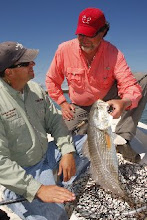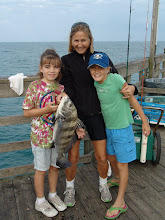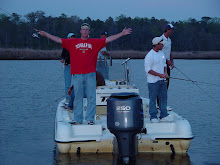MEETINGS SET TO DETERMINE FUTURE OF TRAWLING IN NORTH CAROLINA
In the coming weeks, recreational fishermen will have the opportunity to influence an issue that is having a major effect on fish populations in North Carolina. Four public meetings will be held where comments on the topic of shrimp trawling will be allowed.
North Carolina is the last state on the Atlantic Coast to allow commercial shrimp trawling in internal waters. As other states banned this terribly destructive practice, their trawlers came to our sounds.
Recent studies by the North Carolina Division of Marine Fisheries (NCDMF) showed that shrimp trawlers kill an estimated 500 million (half a billion!) small fish every year. Most of this "bycatch" consists of weakfish, croaker, and spot, and these finger-sized fish are destroyed before they reach breeding age, guaranteeing that the fish populations in our sounds cannot recover.
All recreational fishermen who would like to see our fisheries improve, or any individuals with concern for our marine environment, are encouraged to attend a meeting to state their opinion on this issue. Comments on shrimp trawling will be accepted at the following meetings:
Southern Advisory Committee Meeting
Northern Advisory Committee Meeting
Shellfish/Crustacean Meeting
Habitat and Water Quality Meeting


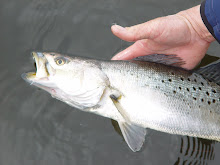



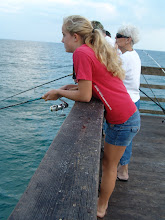

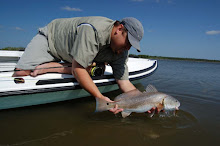.jpg)


